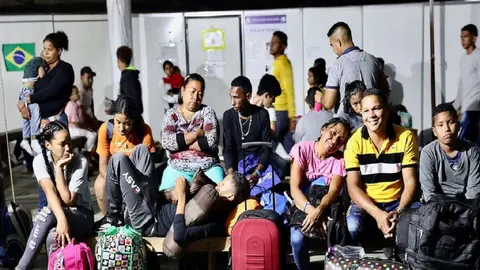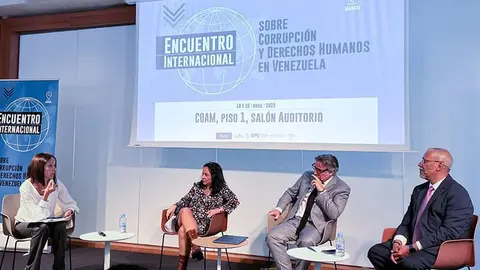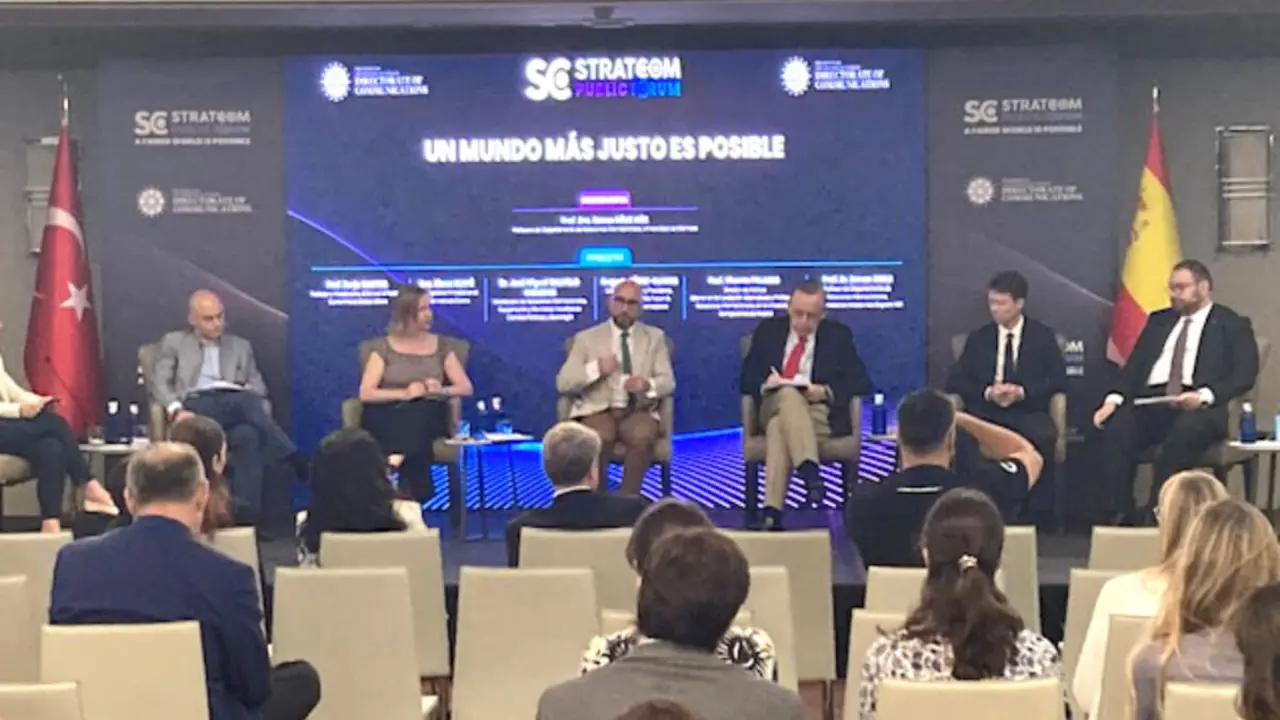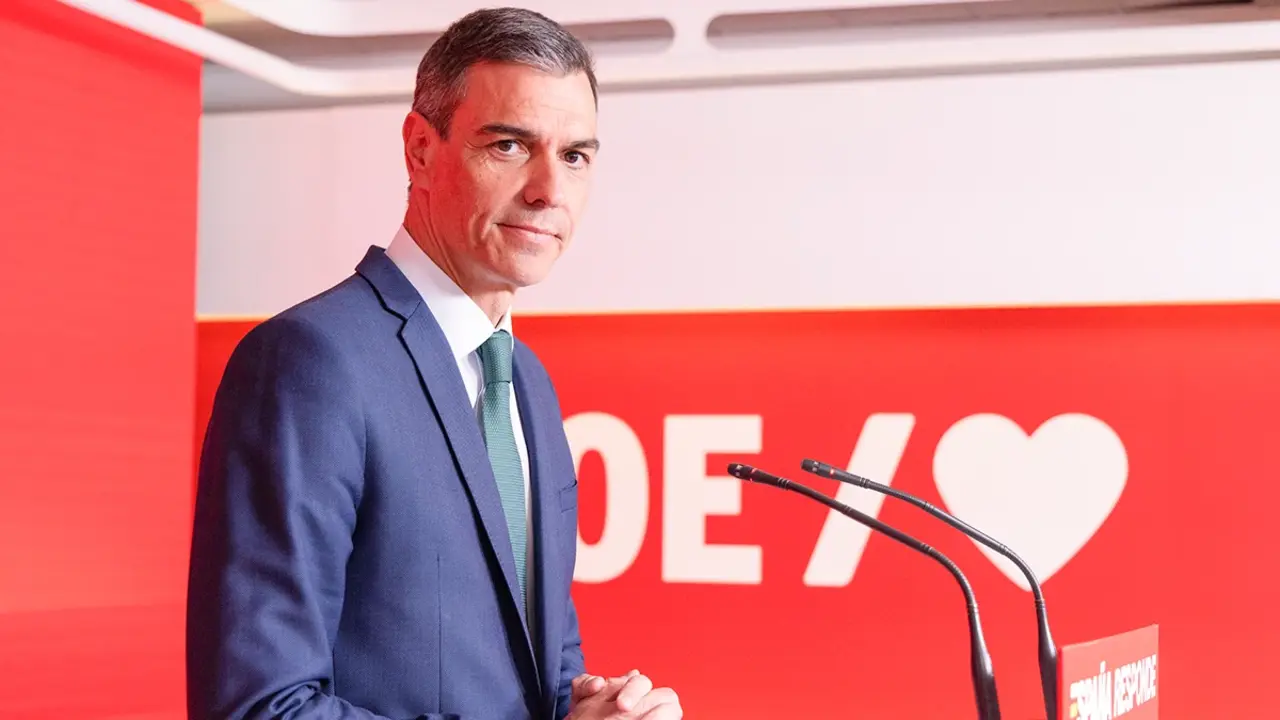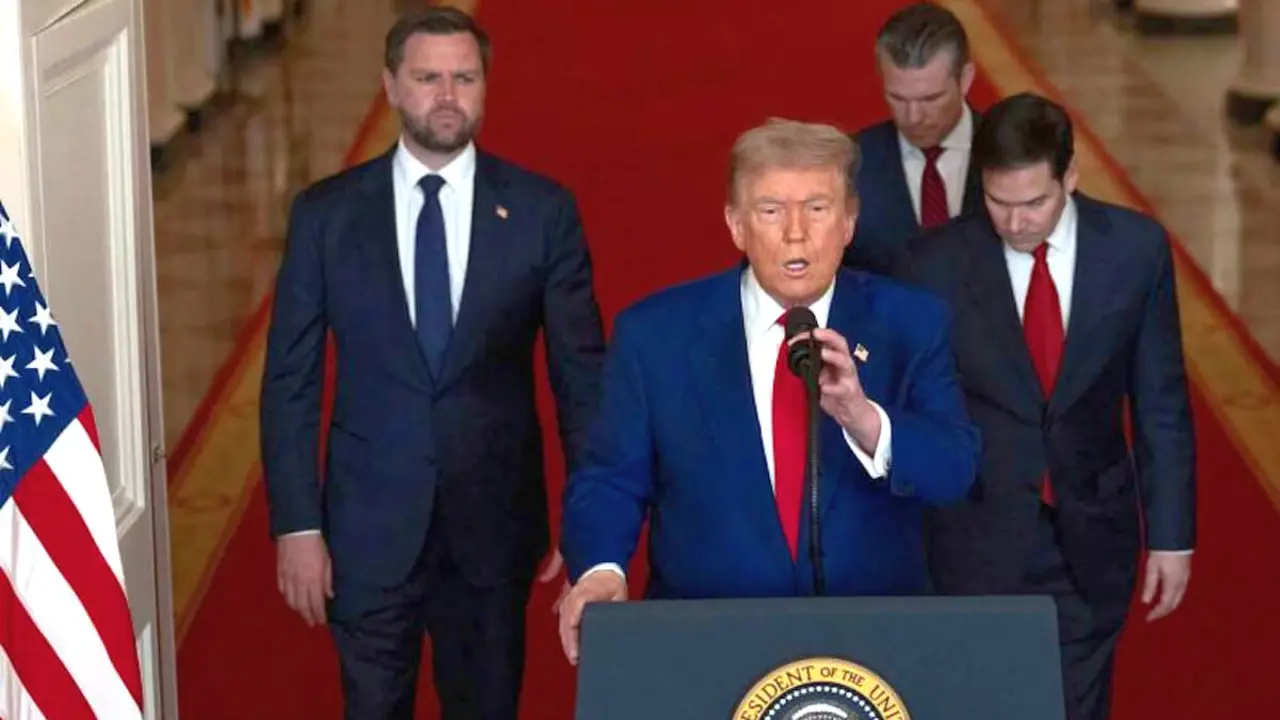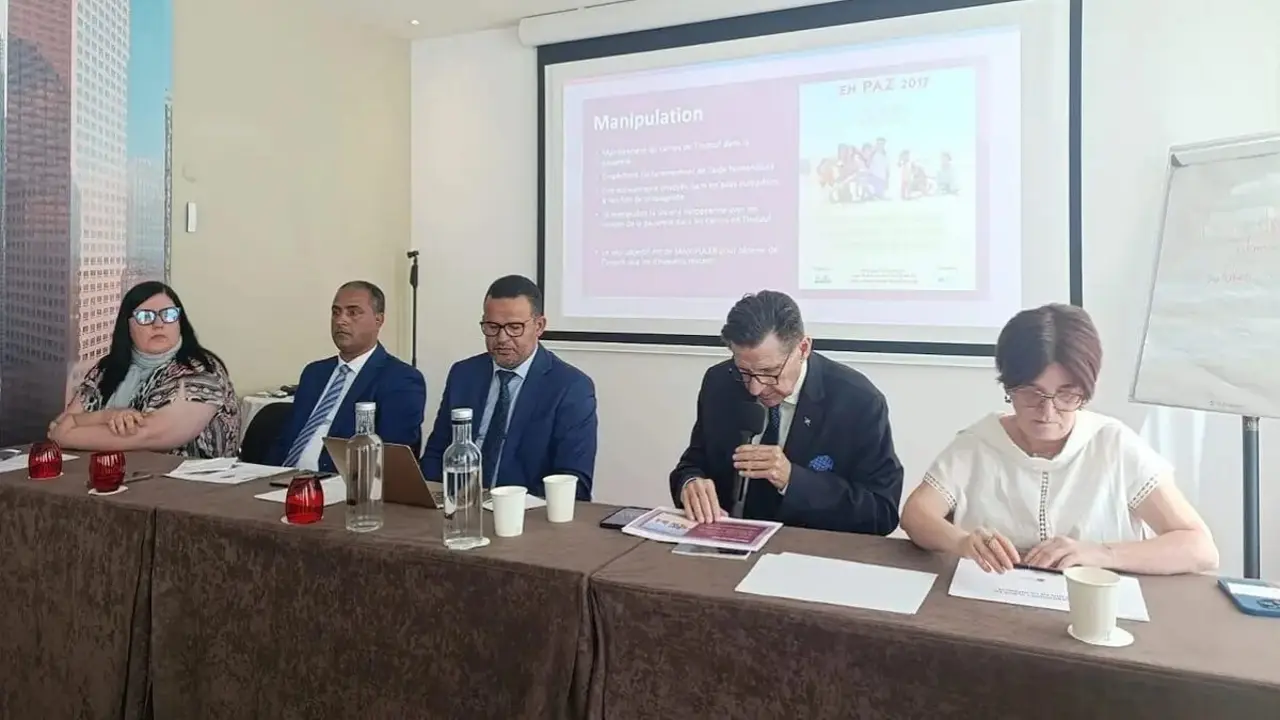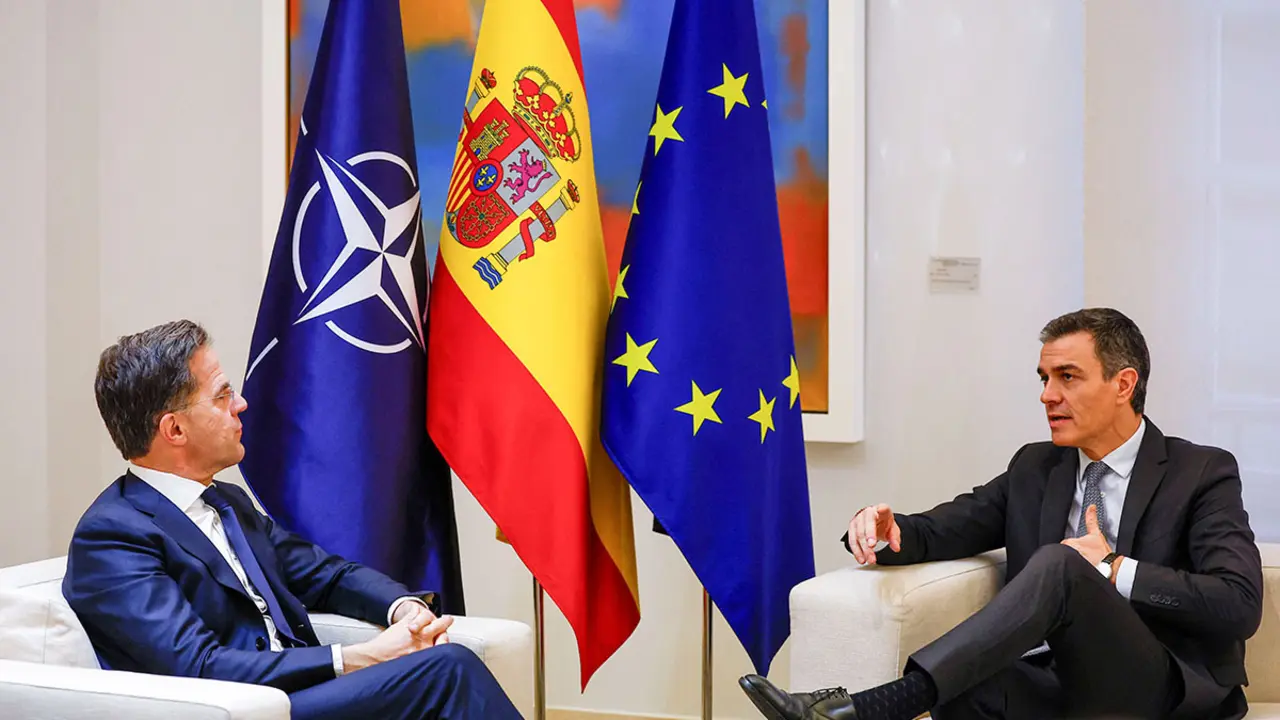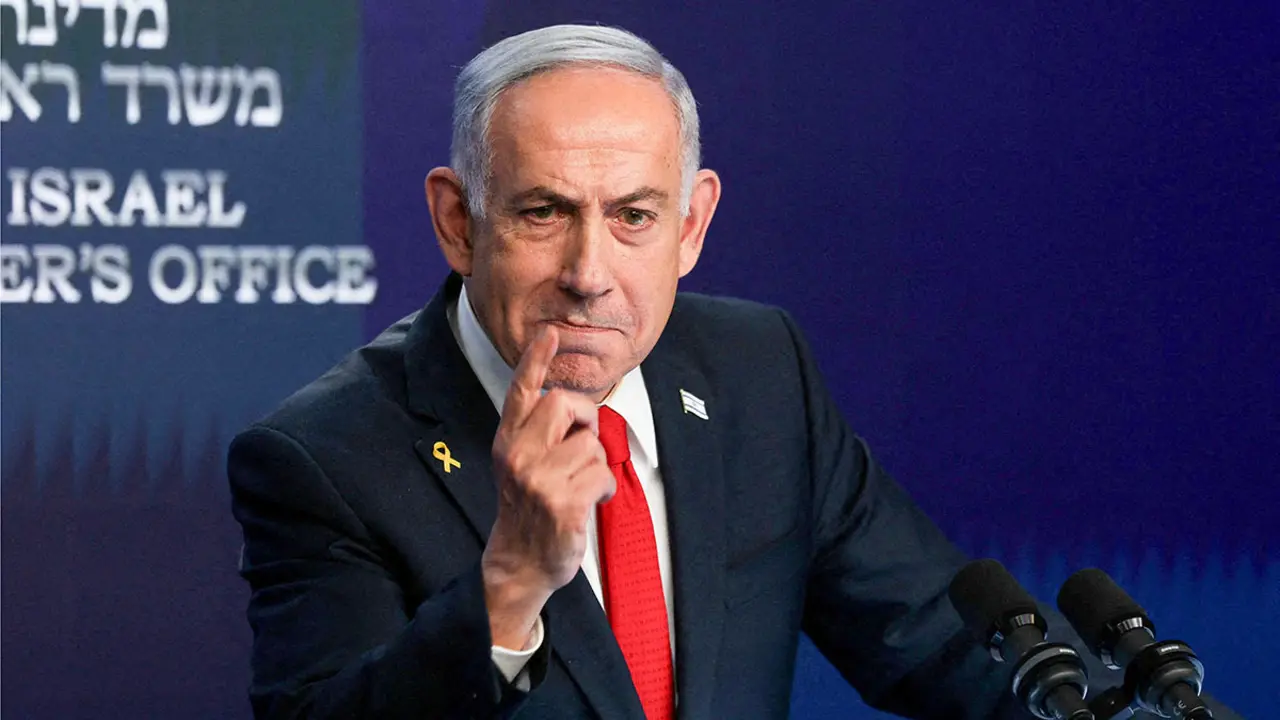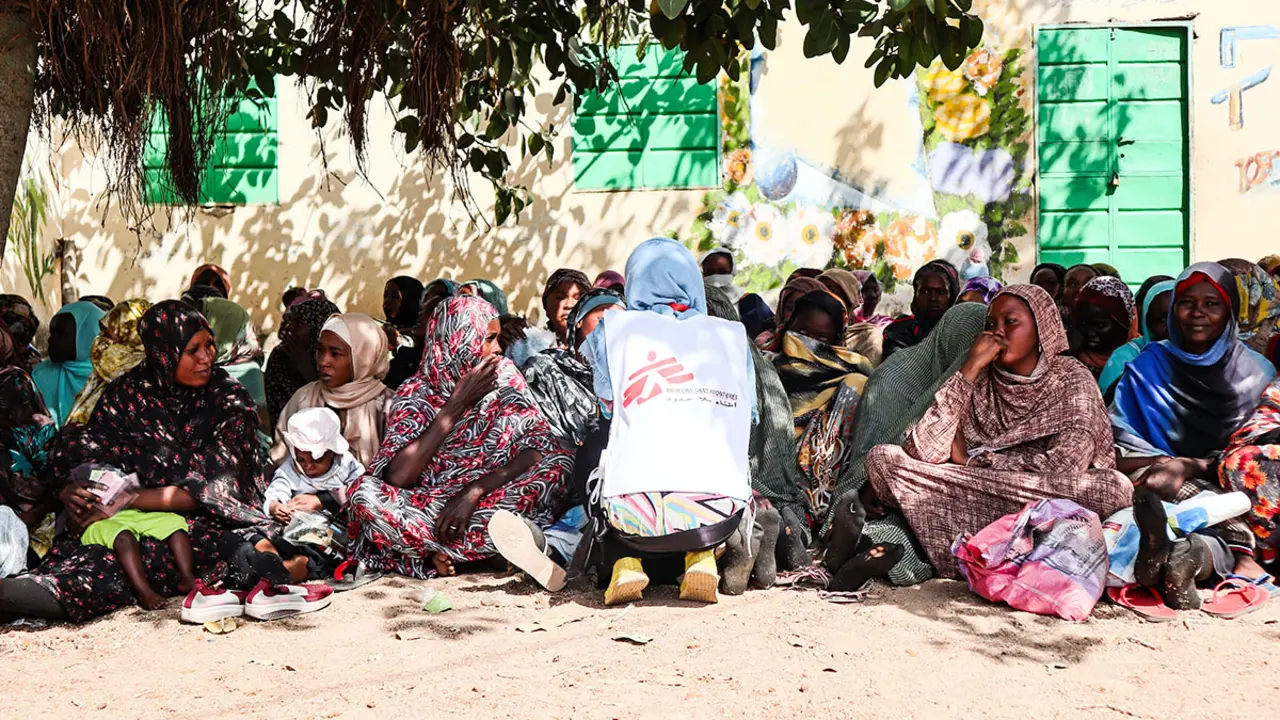Venezuela abuses anti-terrorism laws to convict trade unionists, experts say

On 1 August, a Caracas court sentenced six trade unionists to 16 years in prison on charges of conspiracy and criminal conspiracy. The Venezuelan authorities had arrested them in the middle of last year after they took part in several protests demanding better pay and respect for the rights of public sector teachers.
Two UN human rights experts* expressed grave concern about the sentence, which was handed down under the measures of the Organic Law against Organised Crime and the Financing of Terrorism.
The special rapporteurs on the promotion of human rights in the fight against terrorism, Fionnuala Ní Aoláin, and on the right of assembly, Clément Nyaletsossi Voulue, warned Friday that in Venezuela there is a "chronic abuse" of anti-terrorism laws to convict trade unionists and union leaders who defend the labour guarantees of workers.
"It is clear that we are witnessing a chronic abuse of anti-terrorism measures against those who defend workers' rights, seek to improve working conditions, and participate in trade union organisations in Venezuela," they said.
Irregular process
They also stressed that the judicial process that culminated in the 1 August conviction was marked by irregularities and exceptionalities, which is evidence of an abuse of anti-terrorist measures and contravenes international law.
The experts recalled that in September last year they sent a document to the Venezuelan government in which they raised the lack of access of the detained trade unionists to legal defence, the inadequacy of the evidence to the accusations made and the fact that key informants did not testify at the trial.
On that occasion, they denounced the misuse of anti-terrorism laws against those who have advocated for the protection of social and economic rights and freedom of association, the rapporteurs said, adding that "such misuse is an attempt to stifle and suffocate organised civil society".
Harsh condemnations serve as a warning
The document also stressed that "the use of counter-terrorism measures must be necessary, proportionate and non-discriminatory" and referred to the UN Security Council and human rights bodies' provision that counter-terrorism legislation and practice should be implemented in a manner respectful of fundamental guarantees.
The exceptionally long sentences imposed on the six trade unionists last week "are an attempt to remove civil society actors from circulation and damage civic space in Venezuela," the experts said. "The harshness of the sentences serves as a warning to others who might engage in dissident or associative activities, contrary to the views of the government," they said.
They argued that the convictions represent a growing and worrying trend in Venezuela of persecuting and harassing those who express views that disagree with the government or defend human rights.
According to them, the Venezuelan authorities are using the fight against terrorism to exclude and undermine legitimate human rights work.
"These convictions are an attack on freedom of association, targeting organisations whose raison d'être is to draw individuals into collective action to improve their lives and those of their communities," they said.
Review the convictions
In this regard, they urged the country's courts to review convictions, applying international human rights standards of adjudication and review.
The rapporteurs concluded with a call to stop the use of anti-terrorism laws against civil society actors and called on other governments and human rights bodies to demand that the Venezuelan government comply with its international human rights obligations.
They also urged the Venezuelan authorities to abide by their commitments to the International Labour Organisation.
* The Special Rapporteurs are part of what are known as the Special Procedures of the Human Rights Council. Special Procedures, the largest body of independent experts in the UN Human Rights system, is the general name for the Council's independent fact-finding and monitoring mechanisms that deal with specific country situations or thematic issues in all parts of the world. Special Procedures experts work on a voluntary basis; they are not UN staff and do not receive a salary for their work. They are independent of any government or organisation and serve in their individual capacity.

